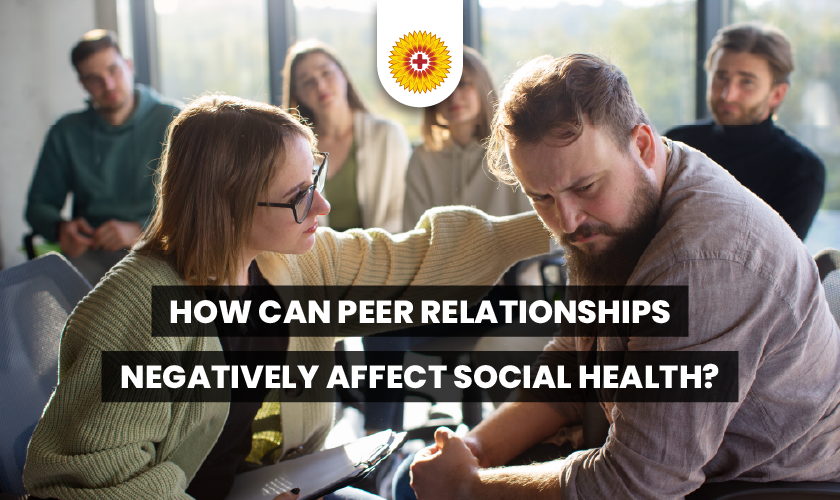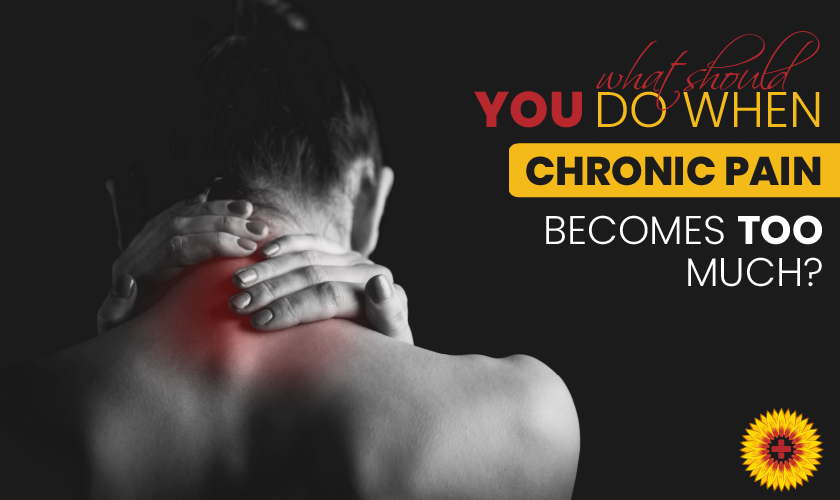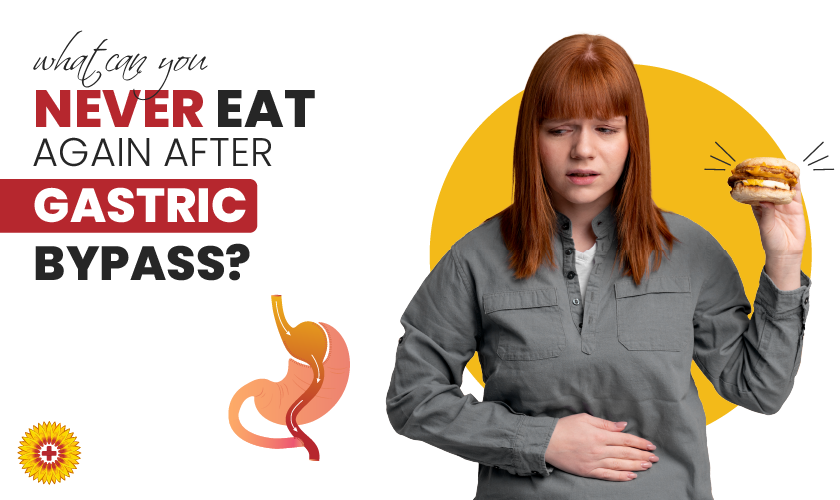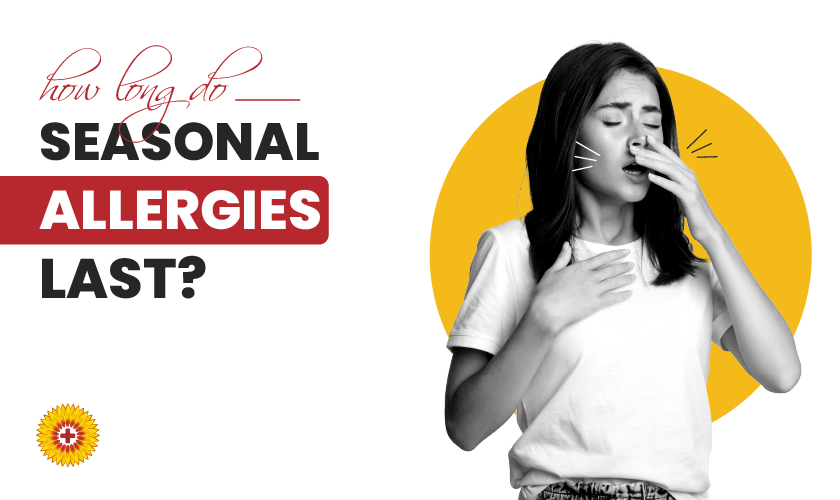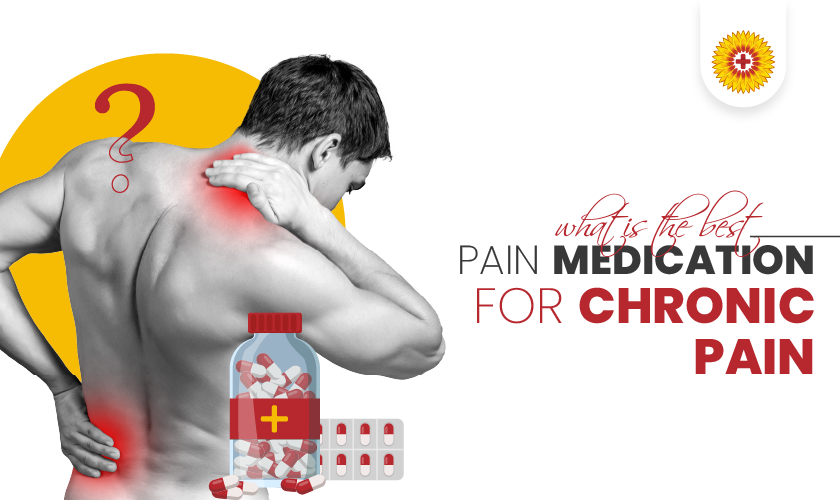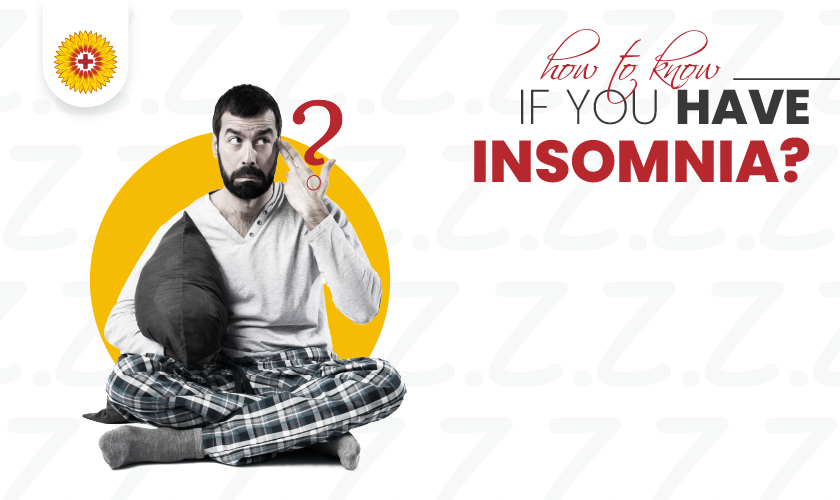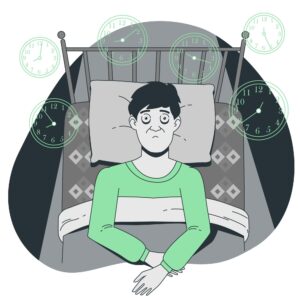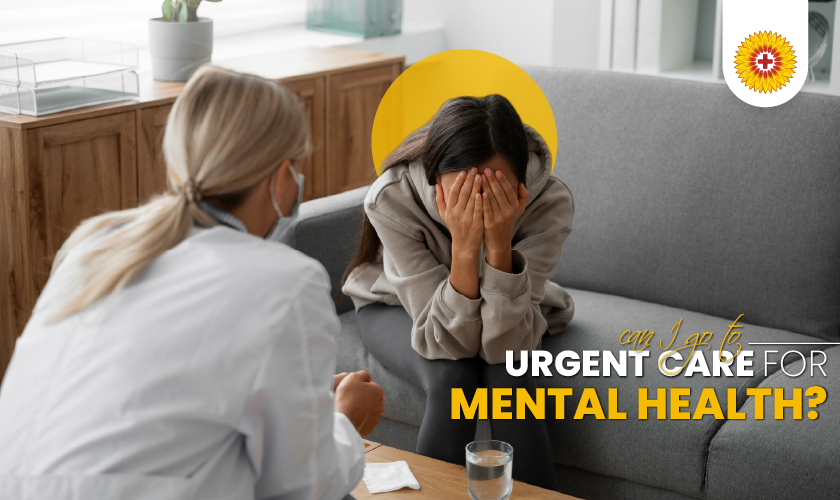
Can I Go to Urgent Care for Mental Health?
Mental health problems are extremely common but frequently stigmatized and misunderstood. Many people suffer from conditions such as stress, depression, bipolar disorder, or PTSD at some point.
If you’ve been dealing with difficult emotions or worrying thoughts, know that you’re not alone, and there are treatment options available, including going to an urgent care center.
Urgent care clinics employ qualified healthcare providers who can assess your symptoms, make a diagnosis, and suggest a treatment plan.
To attain mental health services, you may reach out to Urgent Care of Kansas.
Different Urgent Care Mental Health Options
Depending on your needs, there are several options for urgent care and mental health.
Telehealth
Telehealth refers to virtual doctor visits via phone or video chat. Many urgent care facilities and mental health professionals now provide telehealth services for initial assessments, medication management, and therapy sessions.
Telehealth is convenient because it allows you to schedule an appointment from anywhere, but there may be better emergency options.
Walk-in Clinic
Some walk-in clinics employ mental health professionals or offer telehealth services. Walk-in clinics can provide you with an initial evaluation and diagnosis. It also includes medication and referrals to local therapists or psychiatrists.
While easy, walk-in clinics typically do not offer intensive ongoing therapy. They want to stabilize you and get you proper follow-up care.
Emergency Room
For mental health crises such as suicidal ideation, psychosis, or extreme anxiety. At that moment, the emergency room may be the best choice.
Doctors can assess your condition in the emergency room, administer any necessary medications or treatments, and refer you to inpatient psychiatric care.
Long wait times are common for ER visits to provide urgent psychiatric care in life-threatening situations.
Call today, and we’ll help you get started!
Psychiatric Urgent Care Vs. Emergency Room
The best way to prepare for a crisis is to devise a strategy before it occurs. Knowing where to go for help is an important part of any crisis plan.
So, how do you know when to go to psychiatric urgent care or the emergency room? Here are three things to consider:
The severity of symptoms
People with have physical injuries, chest pain, and difficulty breathing. It also requires medical attention as well as mental health care.
Patients with mental health symptoms but no acute medical needs should consider visiting a psychiatric urgent care facility.
Health care setting
People should think about where they would prefer to receive mental health care. Psychiatric urgent care centers offer a more personalized, relaxing environment.
Accessibility
In many emergencies, the nearest location is the best option. Those who cannot drive should select a facility within walking distance. Sometimes, it is easily accessible through public transportation, taxi, or ride-sharing.
Final Words
While urgent care centers cannot replace specialized mental health care, they can be a valuable resource for anxiety and depression. They offer accessible, immediate care and can serve as a bridge to more complete mental health services.
However, if you or a loved one are dealing with mental health issues and need long-term assistance, Urgent Care of Kansas can help.
Our strong clinical setting and treatment for medications, therapy, and psychiatry can help you adjust your life.
Reference and Resources
FAQs
What can urgent care do for anxiety?
Medication: urgent care facilities can give short-term relief for anxiety and panic attack symptoms.
What is considered a psychiatric emergency?
Psychiatric disasters are acute disturbances in behavioral patterns, mood, or social relationships that necessitate immediate intervention, as determined by the patient, family, or social unit, to save the patient or someone else from danger.
Should I go to the ER if I’m having a mental breakdown?
It is a serious mental health emergency that requires immediate attention from a medical professional. If you have a mental breakdown, especially when you are alone, you should seek immediate help.
How to deal with psychiatric emergencies?
There are several approaches that you can take to deal with emergencies. These include:
- Establishing rapport with the patient.
- Promotes peaceful and collaborative interactions.
- Medical management for agitation.

